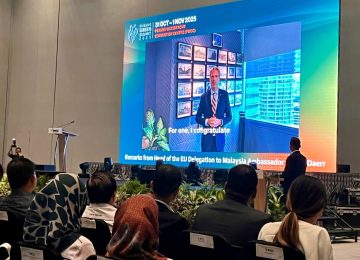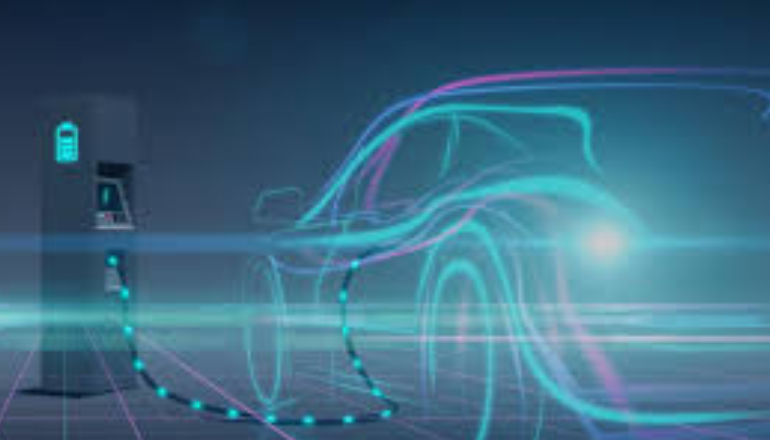India’s auto sector, a major economic engine, is being challenged to become a key driver of the nation’s “Vision 2047,” which aims to establish India as a $32 trillion developed economy.
At the 65th Society of Indian Automobile Manufacturers (SIAM) Annual Convention in Delhi, Dr. Pawan Goenka, Past President, laid out a comprehensive roadmap for the industry’s role in this transformation.
He emphasized a complete transition away from fossil fuels, asserting that the future of mobility must be fossil-fuel-free. This transition isn’t just about economic growth; it’s about technological advancement, energy independence, and national pride.
Hydrogen: a path to global leadership
Dr. Goenka highlighted hydrogen as a critical area where India can seize global leadership.
Despite the early stage of development worldwide, he urged the industry to increase its focus on hydrogen technology. The strategic push aligns with the government’s National Green Hydrogen Mission (NGHM), which targets a significant production capacity by 2030.
Focusing on hydrogen, alongside electric vehicles, is seen as crucial for achieving energy independence and cementing India’s position as a leader in sustainable technology.
Beyond fuel: safety, software, and a circular economy
The mandate extends beyond a change in fuel source to a holistic reimagining of the automotive ecosystem. Dr. Goenka stressed that sustainable transport also requires safer roads. He called for the industry to continue its focus on safety standards.
Furthermore, he urged an aggressive move toward software-driven vehicles and the adoption of a circular economy. This involves promoting practices like battery recycling, rare-earth recovery, and remanufacturing auto parts. These measures not only reduce reliance on imports but also foster the creation of new industries and jobs.
Building resilience and local capacity
Dr. Goenka also addressed the industry’s vulnerabilities, particularly its dependence on imports of critical components like permanent magnets, battery cells, and power electronics. He called for increased investment in local R&D and manufacturing capacity to mitigate these dependencies. This strategic push for self-reliance complements government initiatives like the National Critical Mineral Mission (NCMM) and is essential for building a resilient, globally competitive, and technologically independent auto sector.













